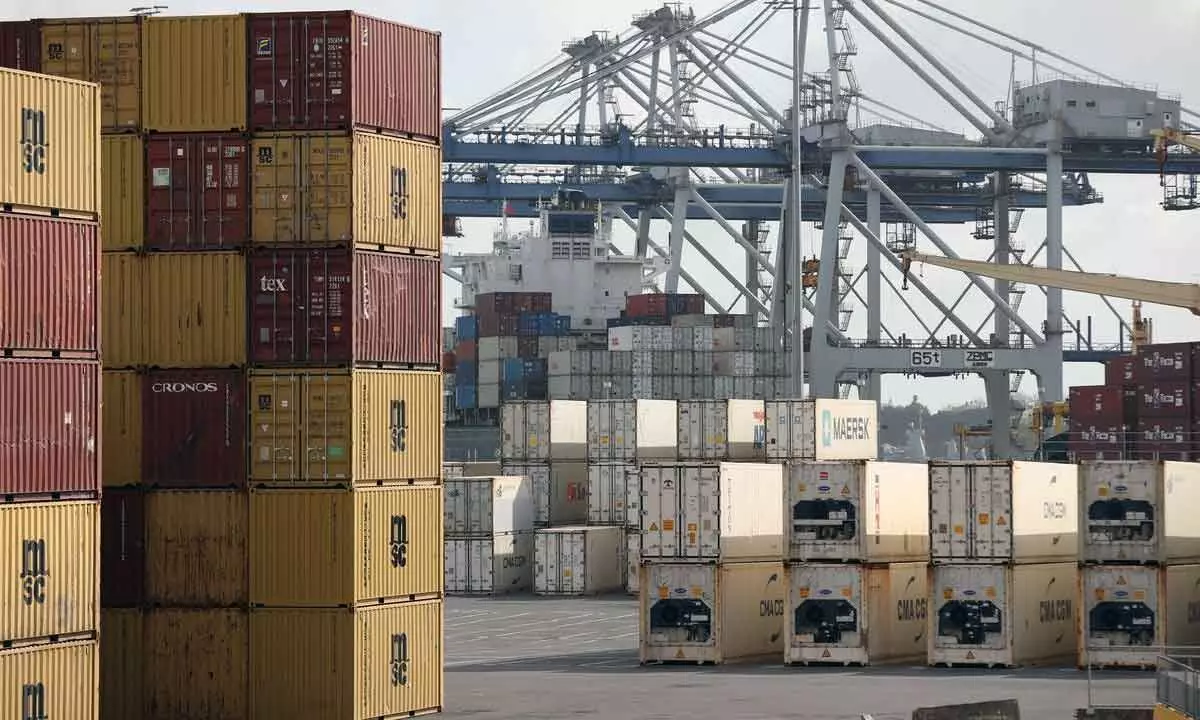New Zealand's rising import prices drive increase in trade deficit

New Zealand's total trade deficit increased in the September 2022 quarter to NZ$7.5 billion ($4 billion), driven by increases in import prices, the country's statistics department said on Friday.
New Zealand's total trade deficit increased in the September 2022 quarter to NZ$7.5 billion ($4 billion), driven by increases in import prices, the country's statistics department said on Friday.
Compared with the September 2021 quarter, total imports of goods and services rose 23 percent to NZ$29.7 billion, while total exports of goods and services rose 25 percent to NZ$22.2 billion, reports Xinhua news agency quoted Stats NZ as saying.
Imports of oil and petroleum products have been driving the increase in goods imports over the past 12 months.
Other commodities to contribute to the increase in goods import values in the September 2022 quarter were electrical machinery and equipment, mechanical machinery and equipment, and vehicles, parts, and accessories.
"Inflation is a global reality, which means New Zealand importers are paying more for goods, many of which are essentials like fuel," said international trade manager Alasdair Allen.
"A falling New Zealand dollar also has an upward effect on import prices and their New Zealand dollar values."
The return of widespread international travel boosts both imports and exports. In the September 2022 quarter, there was an increase in the number of international travelers.
This has led to an increase in both exports and imports of travel services, he said.
While international traveler numbers increased for both arrivals and departures, neither has yet returned to pre-Covid levels, he said, adding Australia dominated both travel exports and imports in the September 2022 quarter.
Increased international travel doesn't just lead to increases in travel services, but also other categories like aircraft maintenance services, transportation services in the form of airfares, and demand for fuel, Allen said.

















